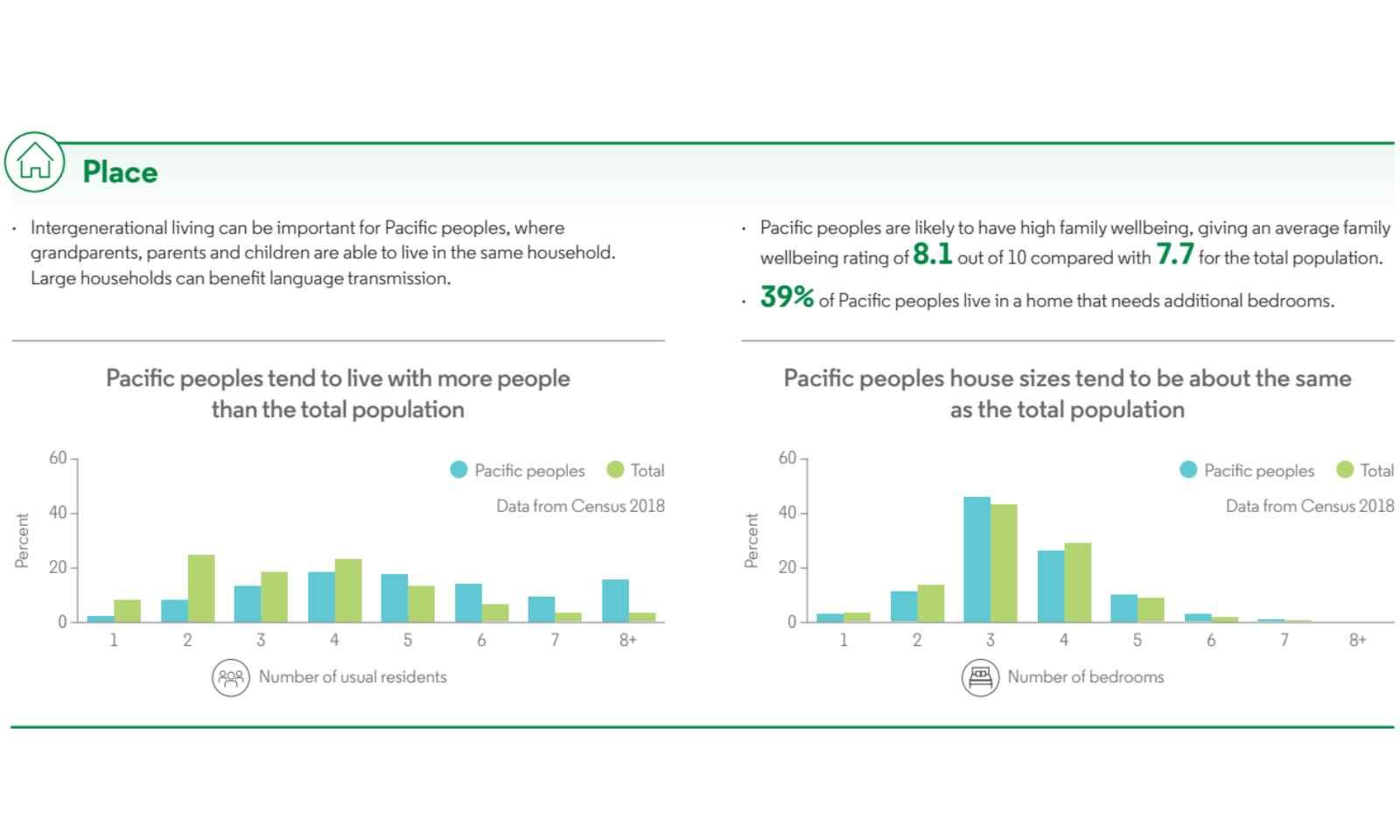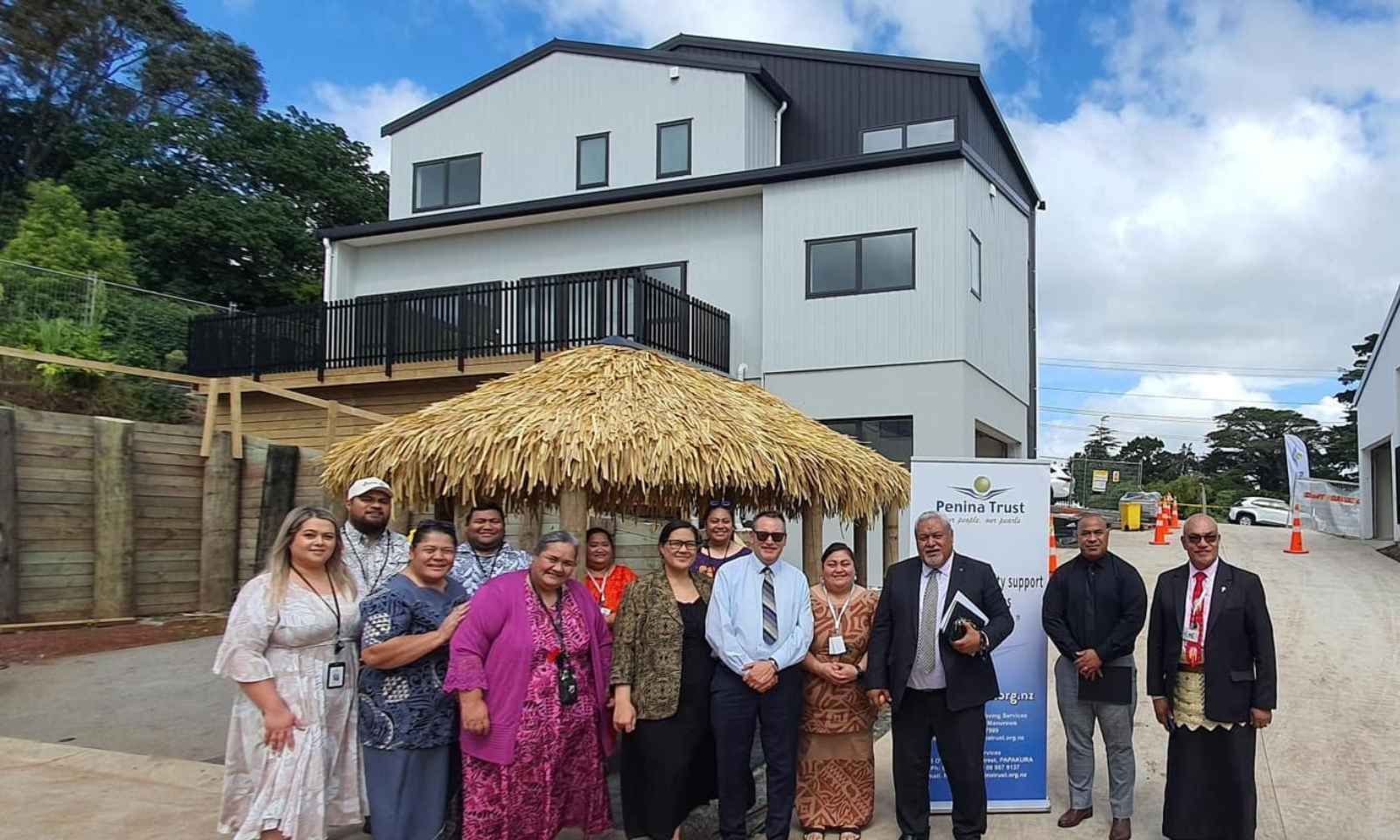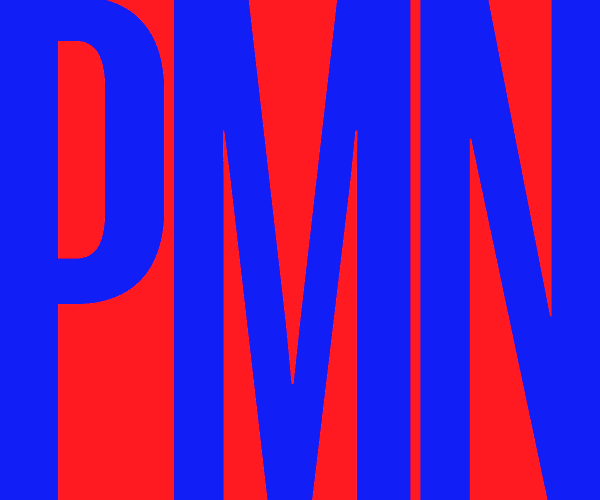

Health Minister Dr Shane Reti in Papua New Guinea in May 2024
Photo/John Pulu
Needs-based or equity overlook? Govt defends approach to Māori and Pacific health
Health and Pacific Minister Dr Shane Reti faces scrutiny over the government’s shift from equity-focused Māori and Pacific health initiatives to a needs-based approach.



World Buskers Festival welcomes Māori and Pacific performers for historic first

From shyness to leadership: Head girl’s journey to uplifting Pacific youth



World Buskers Festival welcomes Māori and Pacific performers for historic first

From shyness to leadership: Head girl’s journey to uplifting Pacific youth
The government has rejected the idea of a “colour-blind” health sector, saying resources need to be distributed based on need rather than ethnicity.
This follows Health and Pacific Minister Shane Reti’s intervention to scrap a Hawke’s Bay health policy to provide free GP and registered nurse healthcare services in the region for young Māori and Pasifika, citing a needs-based approach rather than ethnicity.
The minister’s actions have been met with criticism.
Chair of Ngāti Kahungunu Iwi, Bayden Barber, says targeting services to Māori and Pasifika is not a racist agenda but acknowledging the inadequate access to health services.
Barber, who chaired Health Hawke’s Bay from 2016 to 2020, said such health policies based on generalities would not lift Māori and Pacific health outcomes.
Despite the criticism, Reti firmly believes Māori and Pacific people will still benefit from the approach due to their high healthcare needs.
Reti told Pacific Mornings’ William Terite that the $50 million immunisation programme, announced late last year to help Māori providers lift immunisation rates, was a good example of the government’s plan.
Watch the full interview on Pacific Mornings here
“That's been a significant success. Initially, the target was 10,000 immunisations over the contract six months. In fact, they delivered 33,300. So really all this is defining the key principle that wherever the need is, is where the services go.”
Reti reaffirmed his commitment to programmes such as the Pacific Healthy Homes Initiatives that were aimed at improving Pacific health outcomes through warmer and drier homes.

Data sourced from 2018 Census, 2018 General Social Survey and 2021 General Social Survey on Pacific housing in NZ
The initiative was introduced last year in August for Pacific families living in South Auckland and Porirua.
Pacific children are 115 times more likely to be hospitalised with acute rheumatic fever as revealed in a Cure Kids report, something Reti said the Healthy Homes Initiatives would help reduce.
“I announced a month ago that through the Healthy Homes Initiative, we would retrofit 600 Pasifika homes.
“Particularly for our frequent flyers, those who frequently attend ED, particularly with ambulatory sensitive hospital conditions, what are called ASH conditions and so have specifically exactly what I've described, target of those where the need was the greatest.”

Reti visits Penina Trust public housing site in Red Hill, Papakura earlier this year/ photo: Penina Trust
The current government has not introduced specific programmes that replace the previous Labour administration’s targeted initiatives for Pacific communities.
Critics say this may lead to worse health outcomes for Māori and Pacific people, which begs the question, does a needs-based approach go far enough? Or does it risk weakening efforts to fix deep-rooted issues in health outcomes?

